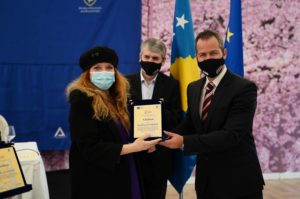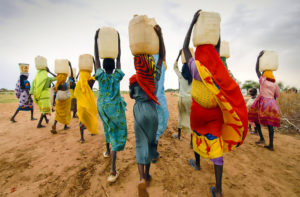
Strengthening the Internal Market
Project is comprised of six components, as follows: Component 1: Improving the strategic, legislative and institutional framework in area of Free Movement of Goods Component 2: Improving the strategic, legislative and institutional framework in area of Free Movement of Services. Component 3: Improving the legislative alignment with the

Increasing Attractiveness, Inclusiveness and Relevance of VET and Adult Education
The overall objective is to improve skill matches of youth and adults in line with labour market needs by increasing access to quality vocational education, training and adult education. The project supports the Ministry of Education and Science of the Republic of Nort Macedonia and related national educational

EU Support for the Competitiveness of Kosovo’s ICT Sector
This initiative’s overall objective is to enhance the competitiveness of Kosovo’s digital and traditional businesses by supporting the growth of Kosovo’s Information and Communication Technology (ICT) sector, paving the way for growth and new job creation. The project aims to bridge the digital and business skills gap in

Technical Assistance to Support the Reform on Employment Policies and Vocational Education and Training
This project aims to contribute to implementing the 2019 – 2022 National Employment and Skills Strategy (NESS) action plan of Albania. The implementation of this action plan will help strengthen the capacities of Albania’s Ministry of Finance and Economy and its subordinated institution (National Agency for Employment and

Technical Assistance for the Sector Reform Contract EU for Youth
The project’s overall objective is to improve young people’s vocational qualifications, skills, and preparedness to enter the labour market and better implement the Youth Guarantee scheme in the Republic of North Macedonia.

Technical Assistance Support to the Women’s Breakthrough Project
Over the next century, half the world’s population growth is expected to take place in Africa. It is recognized that one of the continent’s most significant development challenges will be creating enough quality jobs and to employ this population growth. Gender equality, particularly the inclusion and empowerment of

